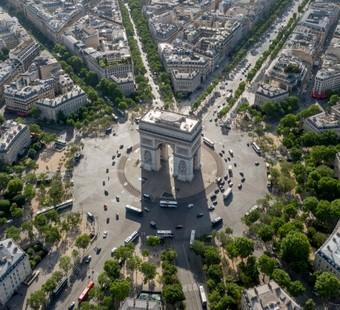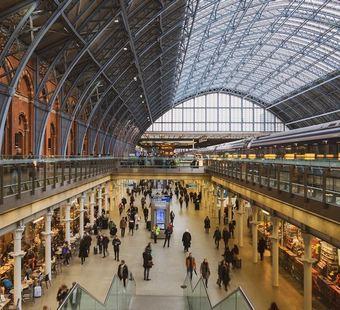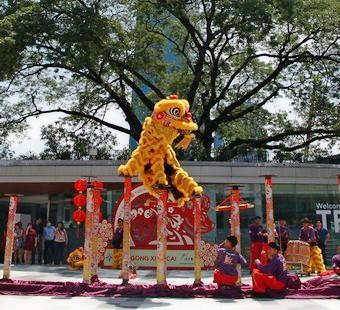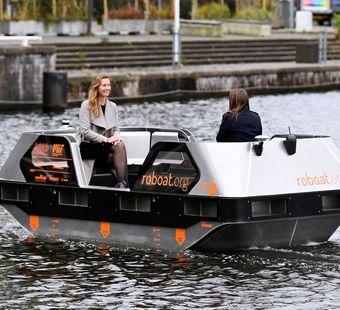Malaysia is putting in several big programs to turn the country into a logistics hub for the region. Current logistic developments include the ambitious 1,000 acres KLIA Aeropolis in Sepang, the infrastructure upgrades for road networks in Port Klang, and rail and terminal rehabilitation in Padang Besar at the Thailand border.
These initiatives, along with several others in the pipeline, are part of the Logistics and Trade Facilitation Masterplan, a blueprint that aims to turn Malaysia into a preferred logistics hub in the region.
The first phase of this blueprint is focused on de-bottlenecking the existing infrastructure at ports, rail terminals and road networks, and increasing their connectivity.
There are 11 action plans for this stage, many of them steps to decongest Port Klang: upgrading the Pulau Indah highway, improving the junction at North Port Gate 2, and building a bridge across the railway track at Jalan Pelabuhan Utara.
KLIA Aeropolis, meanwhile, is expected to bring together three economic clusters - air cargo and logistics, aerospace and aviation services, and meetings and convention facilities.
The development will provide space and expertise for faster turnover time, allowing more aircrafts to dock and be maintained. Key projects under KLIA Areopolis include a theme park and hotel, KLIA Aerotech Park, KLIA Cargo and Logistics Park and Regional Transshipment Centre.
This new drive to develop a world-class infrastructure and transport network has been noticed. Malaysia climbed to number 4 in Agility’s annual logistics ranking for emerging economies.
The Agility Emerging Markets Logistics Index uses economic and trade data, social indicators and transport development to rank 45 emerging markets countries for their potential, ranking them based on factors such as size, business conditions and infrastructure that make them attractive to logistics players such as shipping lines and air cargo carriers.
Malaysia surged past bigger economies such as Saudi Arabia (No. 5), Brazil (6) and Indonesia (7) in 2016.
“Malaysia has shown a sustained commitment to economic diversification and to its drive to develop and upgrade its infrastructure. It has world-class ports, airports, road and rail networks, industrial parks and technology parks. It is going to lead the way as the ASEAN countries of Southeast Asia continue to work toward economic integration,” said Chris Price, CEO of Asia-Pacific for Agility Global Integrated Logistics in a statement.
China, the world’s second-largest economy, remains in the lead, followed by India and UAE. UAE is the only country that ranks ahead of Malaysia in “connectivity”, which looks at infrastructure, transport links and customs efficiency.
Photo Credit: The Logistics and Trade Facilitation Masterplan





